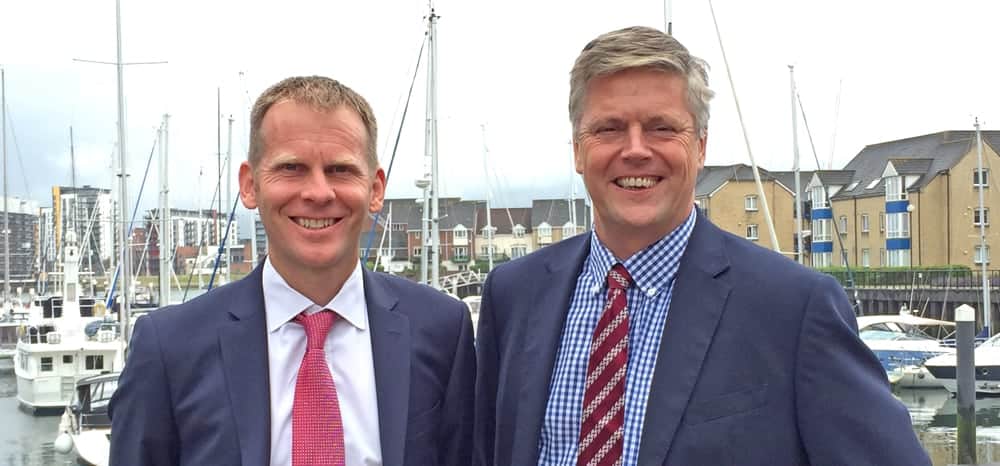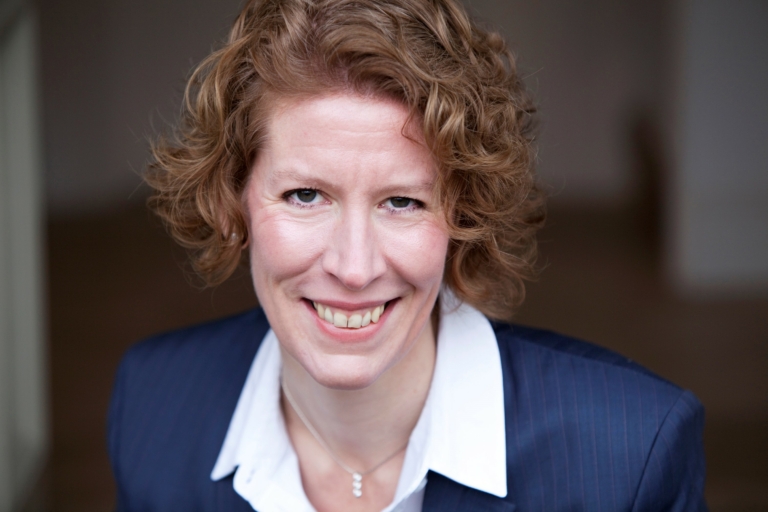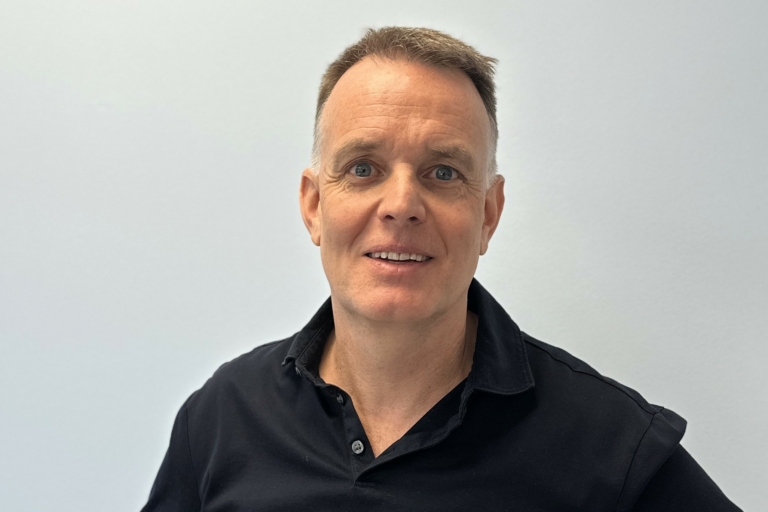Central south mid market report

The future-fit FD
For the final part of its Central South Mid Market Campaign this year, accountants and business advisers BDO is partnering with CMA Recruitment Group in Southampton to discover just what it takes to be a successful FD.
Innovative, ambitious companies at the forefront of developing new technologies, the UK’s mid-sized entrepreneurial businesses are engines for growth – thriving through internationalisation and employing millions of people.
However, rapid developments in technology and regulation, the growth of populist politics, an uncertain future relationship with the EU and opportunities for a whole raft of new trade deals across the globe means that many of the boundaries that once shaped the way organisations do business are changing or disappearing altogether. Against this backdrop, the role of the finance director is continuing to evolve, becoming ever more strategic, value-driven and future-focused.
The role of the finance director has always been based around three core areas:
- Adding value to the organisation’s decision-making and strategy through the preparation of budgets and plans based on assumptions and expectations about performance, the environment and key areas of risk
- Leading the process for the preparation of – and presenting the retrospective numbers for – management and statutory accounts
- Maintaining and improving the control systems that record and process financial data.
These fundamentals remain the same, but finance directors and chief financial officers (CFOs) increasingly deliver on a much wider range of priorities.
Malcolm Thixton, lead partner at BDO in Southampton, explains: “Today’s FD is expected to add value well beyond the traditional roles of cost management, controls and being the company’s ‘conscience’. They now often find themselves acting as the integration hub for key business processes and the driving force for business transformation, establishing robust risk management procedures and supporting the business to develop effective growth plans organically or through mergers and acquisitions, while remaining cost competitive.”
Reducing costs, improving efficiency and becoming a better partner to the business have always been important, but the finance function is now the catalyst for change across the business with regards to long-term performance, not just delivering short-term financial outcomes or one-off cost reductions.
Technology
Digital technology is currently changing the workplace in fundamental ways. The increasing availability of large and complex data provides both challenges and opportunities. The best FDs are already using technology to help collect, organise and standardise data in real time. Analytics are enabling greater insight and informing decision making across the business. The next generation of financial applications is predicted to revolutionise the finance function and we expect the FD/CFO to be at the centre of this.
As automation takes over many daily tasks, FDs and their finance teams will spend less time on recording and validating the numbers, and more time making the data connections and explaining the financial implications to the business. This will provide more effective business intelligence for identifying
new markets and other opportunities, measuring and managing performance.
Risk
One of the key challenges for the future-fit FD is risk management. Avoiding risks is not an option, so proactivity is the order of the day. Alongside their finance teams, FDs are better placed than anyone to assess both the risks and opportunities for the business and recommend the appropriate course of action. However, they can expect greater scrutiny on risk management processes and higher expectations from the board that longer-term financial plans are fit for purpose. Investors and other stakeholders will also look for greater assurances over the financial viability of the business’s strategy for delivering longer-term financial success and growth.
Regulation
Greater regulation will affect all parts of the business and the finance function will be in the spotlight. There will be an increasing commercial focus on how regulation impacts pricing and the pricing model; for example, how that pricing model then gets applied within the business and externally, and how the costs are offset against that. FDs will have to navigate this, and the successful ones will look to get ahead of the curve. They will need to monitor the regulatory environment, update and improve existing policies, and instantly highlight any breaches and risks before informing the wider business.
Going global
International expansion places different pressures on a business. As companies expand overseas it becomes increasingly complex to manage the different country-specific reporting requirements. The finance function will need to be adaptable as it streamlines different rules and regulations into existing processes and FDs will quickly need to establish how they and their team can best support expansion into new markets.
Must-have skills
If technical knowledge is a given, soft skills are now equally critical traits for the successful FD.
Adaptability, empathy, persuasiveness and other core people skills are needed alongside financial acumen. Richard Dibden, commercial director at CMA Recruitment Group, said: “In addition to juggling multiple priorities and often making difficult judgment calls, the ability to get along with people and influence them is a key skill. Any FD will need to work with a wide range of stakeholders who have different interests and priorities.”
He added: “We get much more detailed criteria now as to what CEOs and audit committees are looking for from candidates when recruiting an FD. Interestingly, the need for them to be ever more commercial and strategic has in turn led to a growing confidence in their abilities to run a business. We are seeing more FDs and CFOs seeking to step up to the role of managing director or chief executive.”
The future
The fact is that the workplace is changing fast. FDs agree that artificial intelligence (AI) and big data will underpin many financial decisions over the next decade. This means that the day job will fundamentally change in the coming years. The most successful FDs will be open to alternative solutions and willing to take on a very different role than currently expected of them. Being adaptable may be the core skill for future fit FD.
For more information contact
Cheryl Martin or Richard Dibden
The Central South Mid Market’s top performing FDs
As part of our Future Fit FD focus we have sought to identify the highest achieving and most talented FDs in the region’s mid-sized businesses, looking for exceptional performance in the following areas:
- Leadership and management skills
- Contribution to the performance and growth of the business
- Demonstrable financial accountability
- Effective contribution to strategic direction
- A passion for the business and making a wider contribution to the community.
We are delighted to announce (alphabetical by surname) the top 10 performing FDs who will now be shortlisted for the first Central South Mid Market FD of the Year award – the winner being revealed at a gala dinner in February 2018.
Tim Coomer, finance director – R&M Electrical Group
Alan Cooper, finance director – Liberty Leasing
Joe Jeffers, finance director – Taylor Made Computer Solutions
Ben Jones, chief financial officer – Nature’s Way Foods
Mike Lashmar, finance director – RB Sport & Leisure Holdings
David Mann, finance director – McCarthy & Stone Management Services
David Mellor, finance director – Porvair Filtration Group
Tony Prest, finance director – Oil Spill Response
Dagne Taylor, finance director – Osprey Europe
Paul Winter, group finance director – Red Funnel Group
Nominations came from managing directors, CEOs and the professional community and were open to finance directors at mid-market companies with turnovers for the past financial year of between £10 million and £300m only. The company had to be headquartered in the central south (this includes the postcodes DT,BH,SP, PO and SO).














